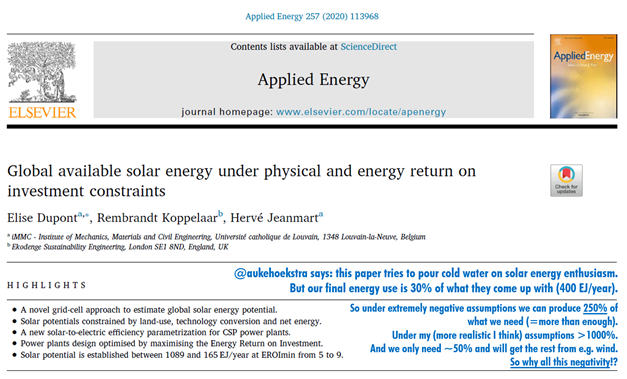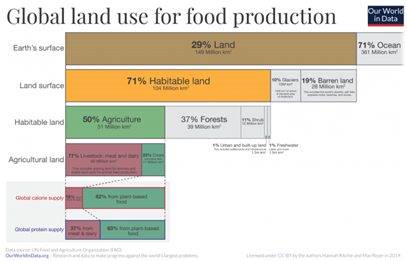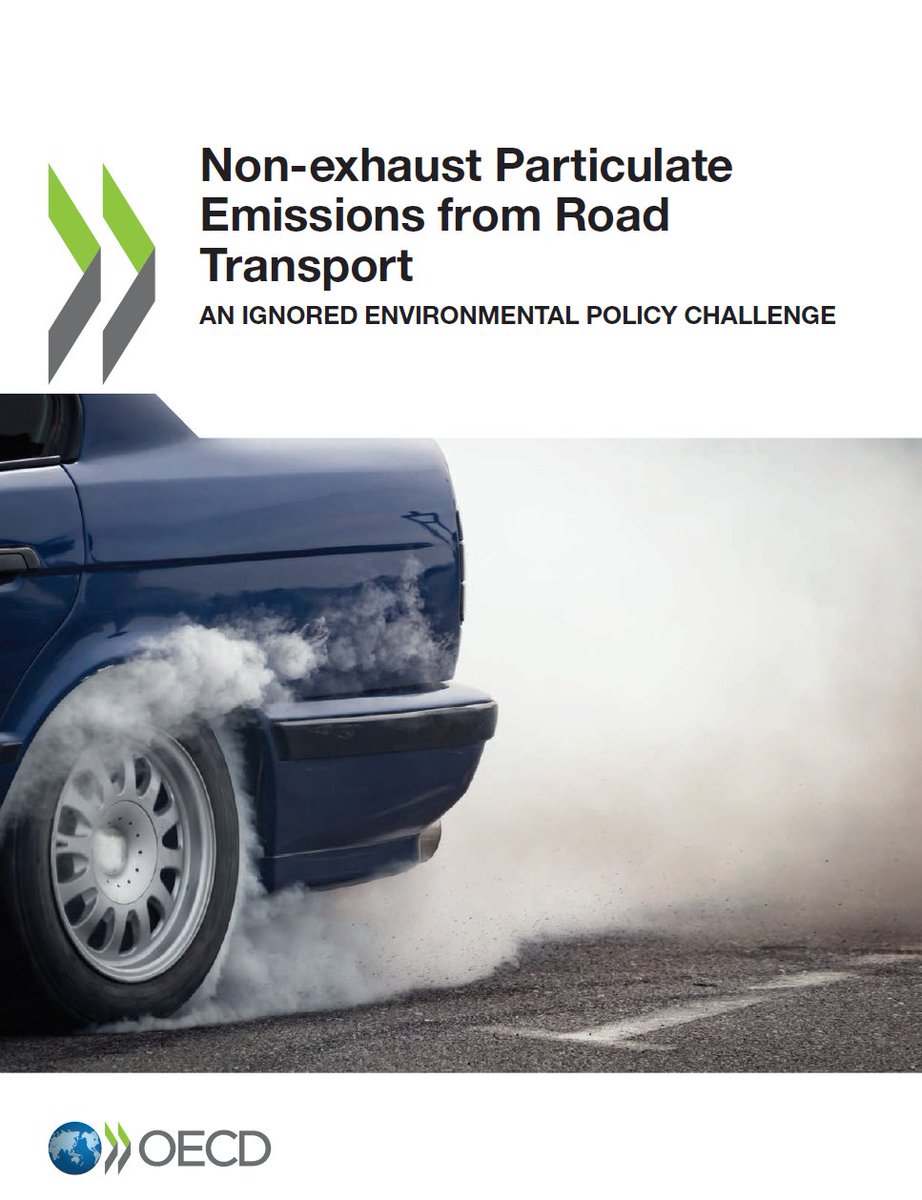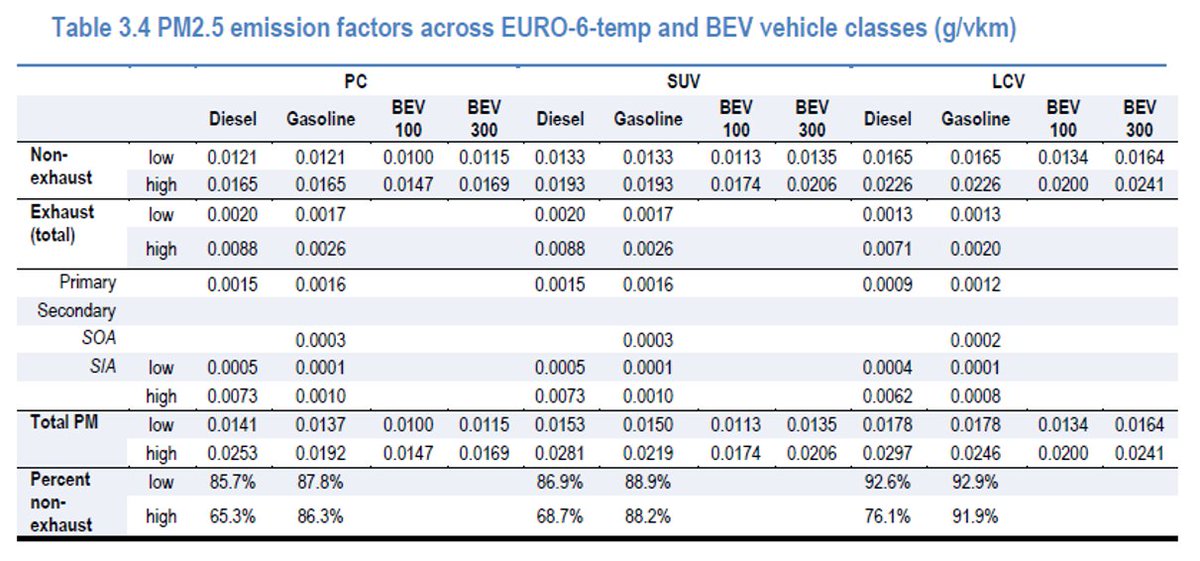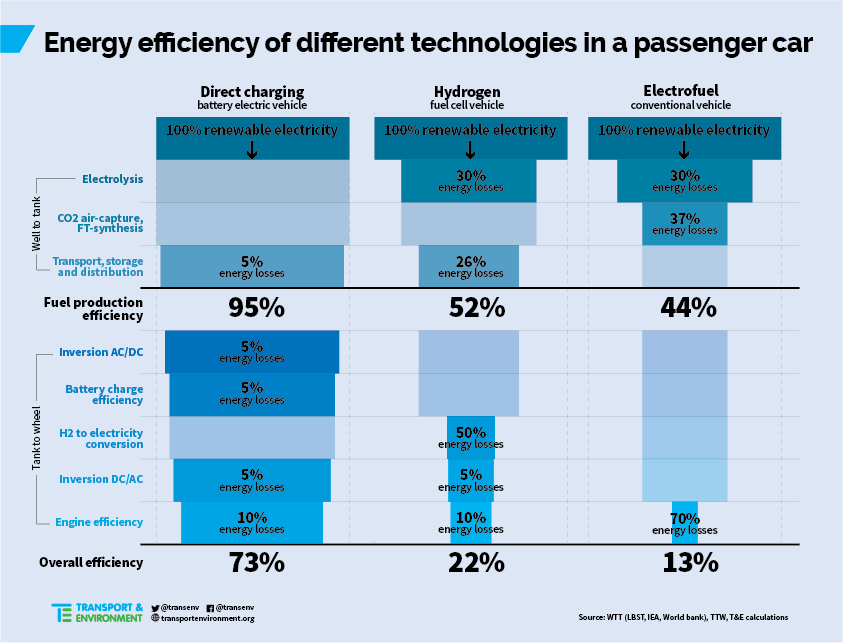
Der @BILD (large German magazin) claims that electric vehicles emit MORE particulate emission according to a new @OECD report.
This is a lie, plain and simple, if you actually read the report. Which I did because I research this at the @TUeindhoven.
I made a graph to show it.
This is a lie, plain and simple, if you actually read the report. Which I did because I research this at the @TUeindhoven.
I made a graph to show it.
https://twitter.com/BILD/status/1342452144939667457
This thread that I made a while ago contains all the details.
https://twitter.com/AukeHoekstra/status/1341383355535937538?s=19
The report is very friendly about gasoline and diesel bc it conforms to official tests that we know are too optimistic about exhaust (e.g. from #dieselgate) but even then it just claims the problem won't go away when using EVs although there's a small but significant improvement.
So I hope @BILD is willing to contact me by mail or phone or otherwise retract/rewrite their article.
So far my experience is that quality papers care about this correctness but most papers nowadays aim to provide click-bait that reinforces prejudices of readers.
So far my experience is that quality papers care about this correctness but most papers nowadays aim to provide click-bait that reinforces prejudices of readers.
• • •
Missing some Tweet in this thread? You can try to
force a refresh

